The 10 Most Controversial Companies Of 2011

Flair For The Dramatic
Every year there are companies that manage to stay in the headlines for reasons other than their innovative new products and business acumen. We're talking about companies that like to throw their weight around, start fights with rivals, make bold and outrageous claims, and generally serve as a magnet for controversy. It's just a fact of life in an industry which has more than its share of outsized egos.
Here CRN provides its listing of the 10 companies that just couldn't escape drama this year, in many cases because they live for the adrenaline rush that conflict and intrigue adds to the proceedings.

10. HBGary
HBGary Federal, a Sacramento, Calif.-based security research firm, deserted its booth at the RSA conference in February, claiming that members of the international hacker group Anonymous had broken into its e-mail systems and made threats of physical violence against its booth staff.
It later emerged that Anonymous was responding to HBGary Federal CEO Aaron Barr, who'd made public claims about wanting to expose the identities of Anonymous and had, in the view of Anonymous' supporters, adopted a cowboy-like approach to this pursuit.
Anonymous posted thousands of internal HBGary Federal e-mails online that illustrated Barr's discussions with various third parties that were also seeking to unmask Anonymous' members, and the ensuing firestorm prompted Barr to resign.

9. Facebook
Facebook angered large swaths of its user base over privacy issues this year, but given the regularity with which the company has done so in the past, this wasn't particularly newsworthy. Part of the problem is that any changes Facebook makes to its user interface invariably cause users to freak out. That's just the reality of human nature, and Facebook certainly isn't alone in being faced with this reaction.
But with the changes Facebook made this year to geo-location settings, tagging features and inline profile controls, people had a right to wonder about the company's intentions. Facebook changed its privacy settings in August in response to the popular unrest, and in November CEO Mark Zuckerberg offered the latest in a long string of mea culpas over his company's tendency to overstep the boundaries of users' privacy. You can bet that next year will follow pretty much the same pattern.
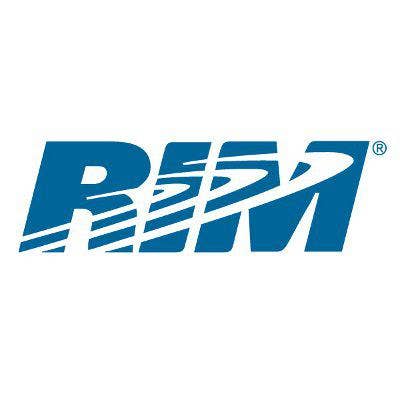
8. Research In Motion
Research In Motion this year continued its slow, creaking decline into mobile industry irrelevance, and employees began lashing out with anonymous letters to media outlets about the sorry state of affairs within the company's leadership ranks. RIM's poor financial performance led investors to call for the resignation of at least one of its co-CEOs, Mike Lazaridis and Jim Balsillie, but they've vigorously insisted that RIM would suffer without both of their involvement in leadership duties.
RIM's struggles are apparently taking their toll on Lazaridis, who in April cut short an interview with the BBC after being asked a perfectly reasonable question about RIM's issues with governments of India and various Middle East countries over BlackBerry subscriber data.
Now Lazaridis and Balsillie must face the reality of a share price that recently hit a seven-year low, as well as a failing tablet strategy and key product delays. 2012 isn't looking much better for the company.
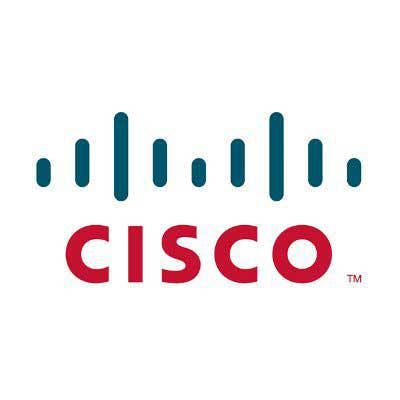
7. Cisco
Cisco spent much of last year bickering with former industry ally Hewlett Packard. But this year, Cisco was forced to confront major operational execution flaws and the failure of its three year old strategy of exploring market 'adjacencies.'
CEO John Chambers, in a frank acknowledgment of the issues in April, said Cisco would 'make a number of targeted moves' in order to get Cisco back on track.
Since then, Cisco has laid off around 8,000 employees, discontinued its Flip videocamera, Eos social network service platform and Umi telepresence products, seen several executives head for the exits, and made a number of significant executive and organizational changes to its channel, sales and engineering divisions. It's enough to make HP feel like it had a calm year by comparison.

6. CarrierIQ
CarrierIQ burst onto the scene in November after Connecticut-based network admin Trevor Eckhart, in a video posted to Youtube, described how its wireless network analytics software could be used to track a mobile device users' keystrokes, location and text within messages. When it emerged that CarrierIQ's software runs virtually undetectably on tens of millions of U.S. smartphones, wireless customers blew a gasket and the Feds starting taking a closer look.
But despite the privacy trampling potential of its software, CarrierIQ insists that it's not guilty of any of the perceived violations it has been accused of. According to some security experts, it's the carriers and handset makers that need to be investigated for their use of CarrierIQ's software, and not CarrierIQ itself. The privacy debate is still being hashed out, but CarrierIQ has definitely found a type of notoriety that it probably never wanted to be associated with.
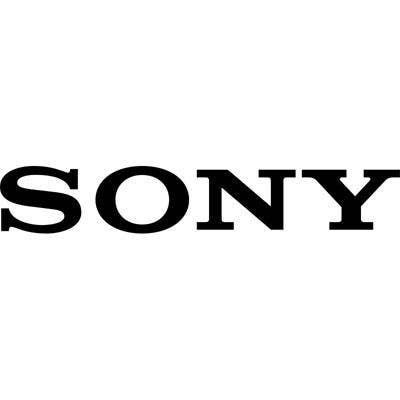
5. Sony
Starting in April, Sony's PlayStation Network and Qriosity services were hit with two separate attacks that compromised around 100 million customer accounts and prompted Sony to shut down the services for more than six weeks.
Sony confirmed that attackers made off with user names, passwords, online IDs, customer addresses, e-mail addresses, and birth dates, and acknowledged that purchase history, billing addresses and answers to security questions may have also been pilfered.
All of this information is a gold mine for identity thieves, and while Sony offered identity theft protection to PSN subscribers, the damage to its reputation will take a long time to clean up.
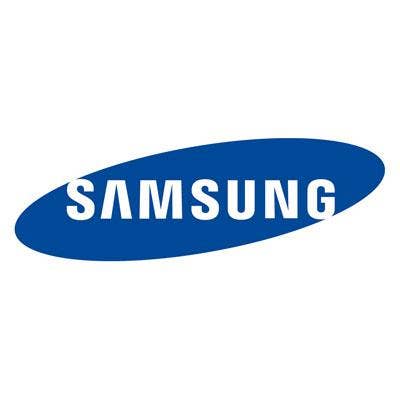
4. Samsung
Apple sued Samsung in April for patent infringement stemming from similarities between the iPad and Galaxy Tab, and then Samsung turned around and sued Apple. In the U.S., a federal judge denied Apple's request for an injunction, but Samsung has been told by the courts that it can't sell the Galaxy Tab in Australia and Germany.
Since then, Samsung has been fighting to have the injunctions overturned. Its efforts succeeded in Australia, and Samsung celebrated by running an ad recently that described the Galaxy Tab 10.1 as "the tablet Apple tried to stop." In Germany, Samsung designed a new version of the Galaxy Tab that works around patented technologies.
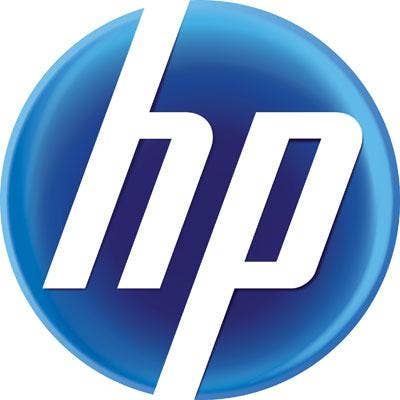
3. Hewlett-Packard
HP entered the year with lofty goals, including taking tablet market share from the iPad, raising its profile in the cloud space, and building its software and technology services business. HP succeeded to some extent on each of these -- expect for tablets, where it crashed and burned in colossal fashion.
But the biggest surprise was the rapid demise of ex-CEO Leo Apotheker, who was fired in September after just 11 months on the job. Apotheker entertained the idea of getting out of the PC business, and in doing so, incurred the wrath of a large segment of the company's channel. HP brought in Meg Whitman to replace Apotheker, and the waters have calmed since then, but to say the company had a rough ride this year would be a major understatement.
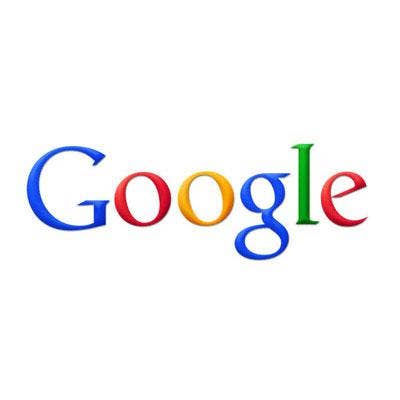
2. Google
Google this year engaged in its customary amount of bickering with Microsoft over the merits of Google Apps versus Office 365. But Google also started suggesting that Gmail is ready to take on Exchange in the cloud email space, opening up a new issue for the two companies to fight about.
Google became more vocal about competitors using Android patent claims to stall the progress of its mobile business. To better arm itself for these battles, Google made a $12.5 billion bid to acquire Motorola Mobility, a deal that would bring access to some 17,000 patents and 7,500 pending patents.
Meanwhile, Google also spent time defending itself against emerging enemy Oracle, which sued it last year over Java patent infringement in Android. Oracle has claimed that Google owes it as much as $6.1 billion, while Google has offered a royalty payment of around $100 million.
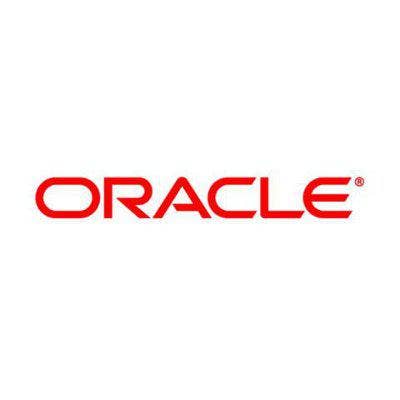
1. Oracle
Oracle spent much of the year trading barbs, and then legal salvos, with former pal HP, over its decision to drop Itanium application development. As the companies' relationship devolved into a War Of The Roses-level of enmity, Oracle accused HP of paying Intel to keep Itanium alive, hilariously likening the situation to a Weekend At Bernie's remake.
After HP's stock plunged in the wake of its nightmarish August and September, HP's board was reportedly concerned that Oracle might try to acquire it. Larry Ellison also saw fit to weigh in on HP's acquisition of Autonomy, noting that Autonomy had originally approach it about a possible buyout. Oracle also found time to trade paint with new foes like Google, which it's suing over Java patent infringement in Android. And Salesforce.com CEO Marc Benioff spewed a concentrated form of vitriol in Oracle's direction after his keynote at OpenWorld was moved at the last minute to an unfortunate early morning slot. All of this suggests Oracle is just warming up, and that it will find ways to start new battles with new foes in the coming year.